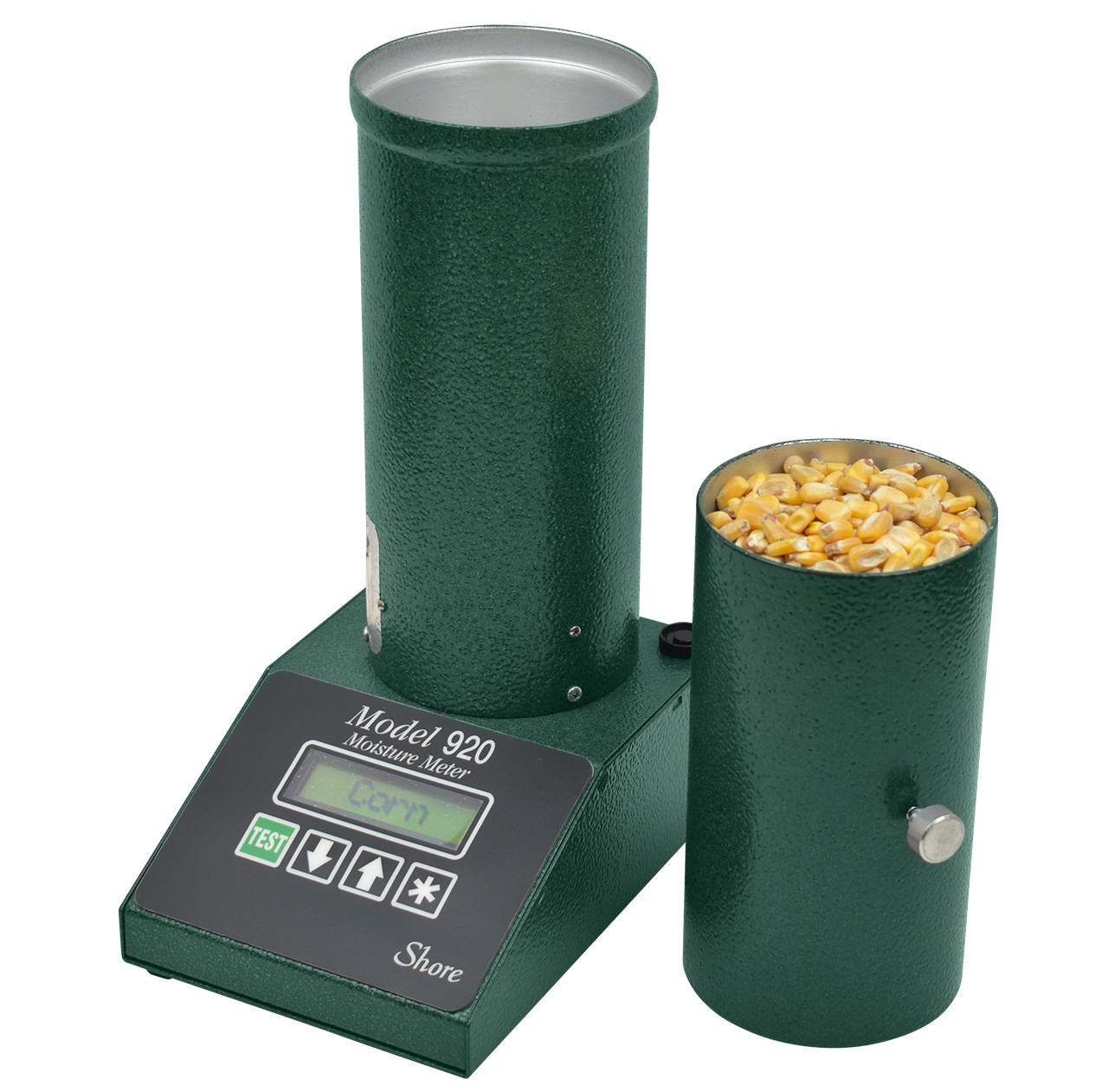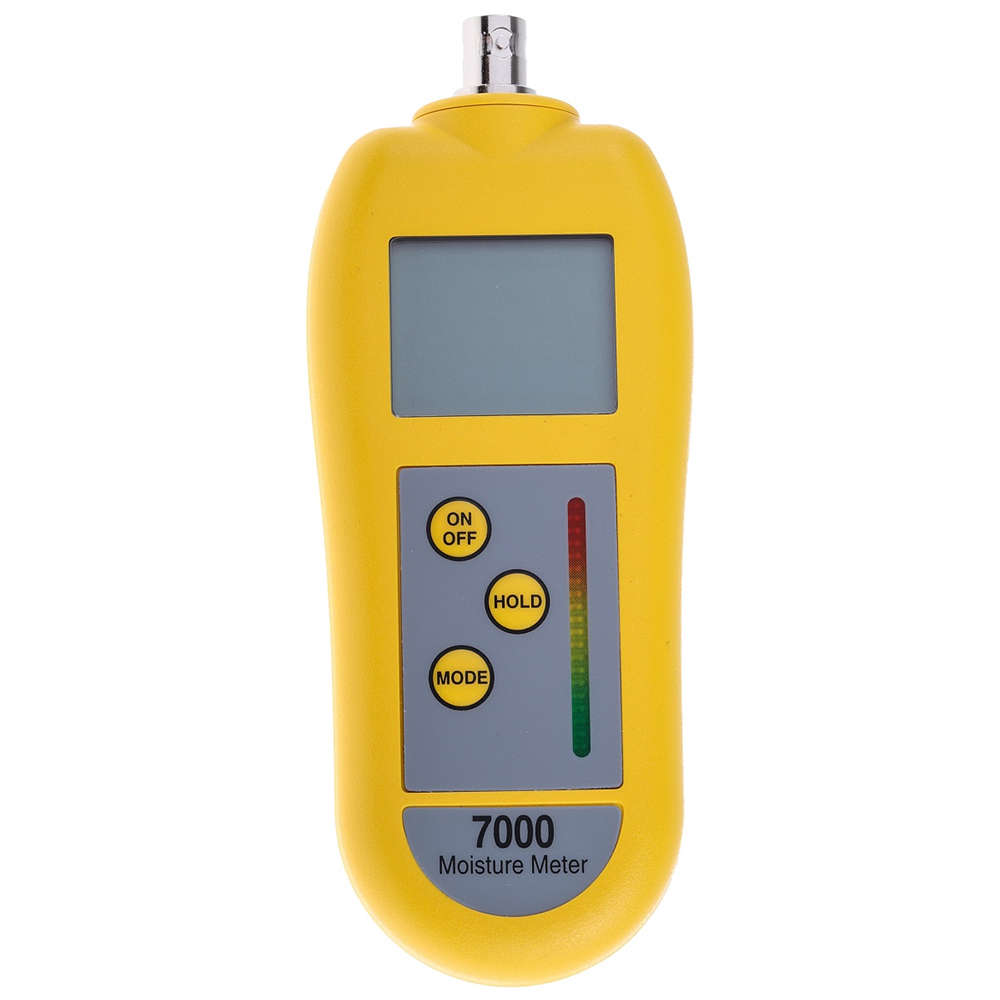The Science Behind Moisture Meters: How They Function and Why They're Essential
Wiki Article
The Ultimate Guide to Dampness Meters: A Comprehensive Introduction and Exactly How They Can Save You Cash
In the realm of building maintenance, building, and various sectors, the relevance of accurately measuring moisture levels can not be overstated. Wetness meters function as important tools in detecting and keeping track of moisture web content in products, helping in preventing expensive damages and making certain the high quality of products. Understanding the nuances of various kinds of dampness meters, their applications, and the prospective cost-saving benefits they provide can be a game-changer for businesses and experts alike. Uncovering just how these gadgets can not just improve procedures however additionally contribute to economic cost savings is a trip worth embarking on.Kinds of Dampness Meters
One usual kind is the pin-type wetness meter, which determines the electrical resistance between 2 pins placed into a product. Pinless dampness meters, on the various other hand, usage electro-magnetic sensor plates to scan a bigger location without creating damages to the material's surface.
Infrared moisture meters determine the thermal residential or commercial properties of a product to establish its moisture material non-invasively, making them valuable for applications where pin or pinless meters may not be appropriate. Recognizing the different kinds of dampness meters available can assist sectors choose the most appropriate device for their details moisture measurement demands.

Benefits of Making Use Of Moisture Meters
Moisture meters offer indispensable advantages in precisely checking and analyzing wetness degrees in diverse materials and environments. One of the primary advantages of utilizing wetness meters is the prevention of prospective damage triggered by excess dampness.
Additionally, using dampness meters can lead to raised energy performance. By recognizing locations with high wetness levels, such as leaks or inadequate insulation, changes can be made to boost power conservation and lower utility costs. In farming settings, wetness meters play a critical function in maximizing crop yields by enabling farmers to keep track of soil dampness levels and make educated irrigation choices. On the whole, the benefits of making use of moisture meters extend across numerous industries, providing affordable remedies and advertising much better quality assurance techniques.
Just How to Choose the Right Wetness Meter
Picking the appropriate wetness meter includes taking into consideration crucial factors such as material compatibility, dimension variety, and calibration accuracy. When picking a dampness meter, it's important to make certain that the meter appropriates for the details material you will certainly be testing. Different materials have varying electrical residential properties that can affect wetness analyses, so choosing a meter created for your material is vital for precise results. Additionally, take into consideration the measurement variety of the moisture meter. Make sure that the meter can discover dampness degrees within the array required for your applications. Calibration precision is another vital variable to maintain in mind. Select a moisture meter with reliable calibration to make sure regular and specific readings. Some meters might need periodic calibration changes, so recognizing the calibration process is very important. By meticulously examining these elements, you can Moisture Meter pick a moisture meter that fulfills your needs and gives accurate wetness dimensions for your read tasks.Correct Methods for Wetness Meter Use

Cost Savings Through Moisture Meter Applications
Just how can the calculated use of wetness meters lead to considerable price savings across various markets? In the agriculture sector, moisture meters help in identifying the optimal time for collecting crops, avoiding over-drying or excess dampness that can affect the last product's high quality.
Similarly, in construction, dampness meters help prevent costly damages by identifying wetness degrees in building products, such as timber or concrete, which can bring about architectural issues otherwise resolved immediately. By recognizing trouble areas at an early stage, contractors can take corrective procedures to avoid extensive repairs or substitutes, inevitably saving time and money.
Moreover, in the food processing sector, moisture meters are vital for keeping track of product high quality and making certain conformity with safety laws. By properly determining dampness content in food, makers can protect against wasting, preserve quality, and reduce waste, leading to significant cost financial savings. In general, the tactical application of dampness meters is a valuable financial investment that can result in considerable price reductions and boosted performance across numerous sectors.
Conclusion
Finally, dampness site web meters are valuable tools for determining and finding dampness levels in different materials. By using the best moisture meter and following appropriate methods, users can effectively avoid costly problems brought on by excess moisture. Spending in a quality moisture meter can bring about considerable price financial savings in the long run by recognizing possible problems beforehand and allowing timely remediation. Ultimately, wetness meters are crucial instruments for keeping the stability and long life of frameworks and materials.Moisture meters offer as indispensable tools in identifying and keeping an eye on moisture web content in materials, assisting in preventing pricey damages and guaranteeing the quality of products. Infrared moisture meters determine the thermal residential or commercial properties of a product to identify its wetness material non-invasively, making them useful for applications where pin or pinless meters might not be suitable.Moisture meters offer very useful benefits in precisely assessing and keeping track of dampness levels in varied products and settings. In agricultural setups, dampness meters play a crucial function in enhancing plant yields by allowing farmers to keep track of soil dampness degrees and make educated irrigation decisions.In conclusion, moisture meters are valuable tools for finding and determining dampness degrees in various materials.
Report this wiki page